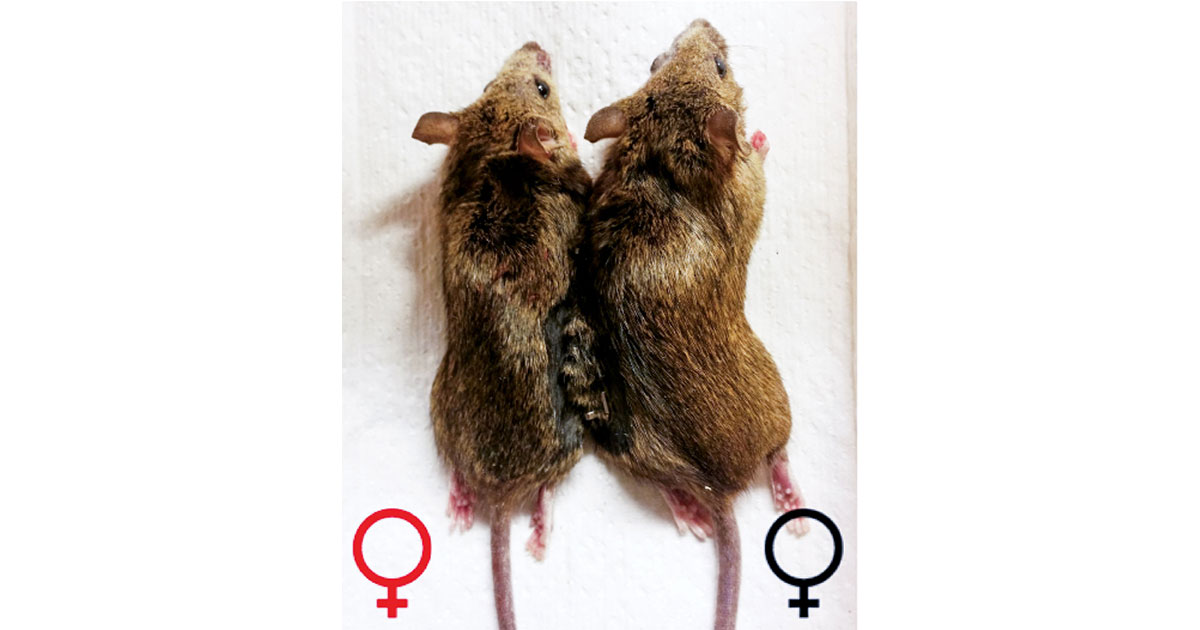Advertisement
Grab your lab coat. Let's get started
Welcome!
Welcome!
Create an account below to get 6 C&EN articles per month, receive newsletters and more - all free.
It seems this is your first time logging in online. Please enter the following information to continue.
As an ACS member you automatically get access to this site. All we need is few more details to create your reading experience.
Not you? Sign in with a different account.
Not you? Sign in with a different account.
ERROR 1
ERROR 1
ERROR 2
ERROR 2
ERROR 2
ERROR 2
ERROR 2
Password and Confirm password must match.
If you have an ACS member number, please enter it here so we can link this account to your membership. (optional)
ERROR 2
ACS values your privacy. By submitting your information, you are gaining access to C&EN and subscribing to our weekly newsletter. We use the information you provide to make your reading experience better, and we will never sell your data to third party members.
Biological Chemistry
Another Year, Another InformEx
by Bibiana Campos Seijo
February 8, 2016
| A version of this story appeared in
Volume 94, Issue 6
InformEx is a yearly event that takes place in New Orleans and is aimed at buyers and sellers of fine, specialty, and custom chemicals. If you work in this industry you know that, come February, it is time to head off for the Big Easy.
But the show may have gone to New Orleans for the last time. It is not completely clear what the plans are at this point, but there are rumors that the event will move to Philadelphia in 2017. The rumors also suggest that, besides the change in location, the show will from now on take place in May.
Humans are creatures of habit, and this may feel like a big change. But, in my opinion, it is a positive thing that signals that the event is looking for a transformation.
In any case, the program this year was good, and the keynote lectures, back by popular demand, were of interest. The first one was by Lawrence Sloan, CEO of SOCMA, the Society of Chemical Manufacturers & Affiliates. During his talk, Sloan provided a qualitative overview of the state of the contract manufacturing industry.
According to Sloan, companies have become comfortable with using contract manufacturers, and the sector has seen considerable growth in recent years. This is supported by the fact that more and more companies are going “asset light,” meaning unwilling to invest so readily in “steel in the ground,” Sloan said. Besides that, using a contract manufacturer allows you to “try often, fail fast” with limited risk or financial impact on the company involved. As a result, contract manufacturers are useful partners to rely on when testing new products, markets, or technologies.
Sloan’s remarks were followed by a talk by the president of the Cuban Chemical Society, professor Luis Alberto Montero-Cabrera, a computational chemist from the University of Havana. The first thing he acknowledged is that he never thought that he’d live to see the day when relations between Cuba and the U.S. had been restored. This was a historical moment for both countries and will be etched in the memory of many.
In his talk, “Chemistry in Cuba: Opportunities for Strategic Partnerships in the Wake of Open U.S.-Cuba Relations,” he provided an overview of his country’s industries and resources and the opportunities for growth and collaboration.
Cuba is a very poor country where most of the industrial infrastructure is obsolete—in fact much of it was inherited from the countries of the former Soviet bloc—but it offers a good educational system. Cuba was ranked 44 in the 2013 Human Development Index—an index published by the United Nations that consists of the Life Expectancy Index, Education Index, and Income Index—topping the list of Latin American countries.
Areas where Cuba sees opportunity include agriculture, which is underexploited but offers good prospects in fertilizers and pesticides. The island also has natural ores of nickel, zeolites, and more, so mining prospects are good too. In terms of oil and gas production, Cuba is able to cover about 50% of its own needs and the rest is imported from Venezuela and neighboring nations. The objective here is self-sufficiency, so clean energy production is also top of the agenda. And of course there are two staples in the Cuban economy: the industry around sugarcane and its derivatives and tourism. The latter industry is likely to explode in the coming years as tourism from the U.S. market starts flowing in. Currently the island receives about 3.5 million visitors per year.
Cuba is also big on biotech and had a major chemistry success in the early 2000s to boast about: the production of the first synthetic vaccine against Haemophilus influenzae type B (Hib), a bacterium that causes meningitis and pneumonia primarily in infants and young children. With Cuban biotech being backed by government investment and an integral part of the health care system, it is a highly collaborative enterprise and one that is likely to produce other successes, especially if collaborations with academia or industry reps such as those who attended InformEx are established. The offer is on the table.
Views expressed on this page are those of the author and not necessarily those of ACS.




Join the conversation
Contact the reporter
Submit a Letter to the Editor for publication
Engage with us on Twitter